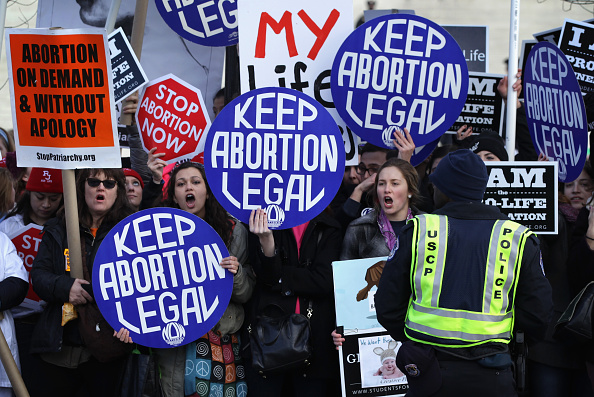
For women who experience a stillbirth or who have a late-term abortion because of severe fetal anomalies, it is a heartbreaking event. Such events pose challenges for all members of a healthcare team because they must provide empathic and supportive care to the woman and her family, according to an article in the journal Anesthesia & Analgesia.
For a woman who is eager to have a baby, a stillbirth or news of severe fetal anomalies is an unexpected and deeply traumatic loss, the report stated. The report discusses the unique medical, legal, and ethical issues involved in caring for patients in these difficult situations.
About 6 out of 1,000 pregnancies end in stillbirth, while severe fetal abnormality that means the baby will die soon after birth is diagnosed in another 3 out of 1,000 cases, according to the report. For some medical providers, lack of knowledge or difficulty coping with these issues "may hinder their ability to provide empathic, supportive care," according to Dr. Michael G. Richardson and colleagues at Vanderbilt University School of Medicine, Nashville.
In stillborn pregnancies, labor is often induced soon after the death of the fetus is determined. In cases of severe abnormalities, many women will opt to terminate the pregnancy, but others may wish to continue and deliver a live infant, if possible. "Providers must be prepared to fully support a mother's decision...to continue a pregnancy with known severe fetal anomaly and to address the [newborn's] comfort and dignity, however short his or her life may be," the report said.
Both groups of women are at risk for psychological effects. Mothers of a wanted, stillborn infant face an "agonizing" experience, from the first sign of trouble until after delivery. To be treated in the same maternity unit as women with healthy newborns only adds to their emotional stress.
Mothers of wanted babies with severe anomalies may have an even greater emotional toll, including making the decision to continue the pregnancy. Women who want to end their pregnancy may face barriers to insurance coverage and healthcare access, including legal restrictions on abortions. Those who choose to continue their pregnancy may meet with insensitivity on the part of healthcare providers, according to the report.
"[U]ltimately, it is a value judgment best reserved for the mother after honest and open discussion with her healthcare providers," the authors write.
